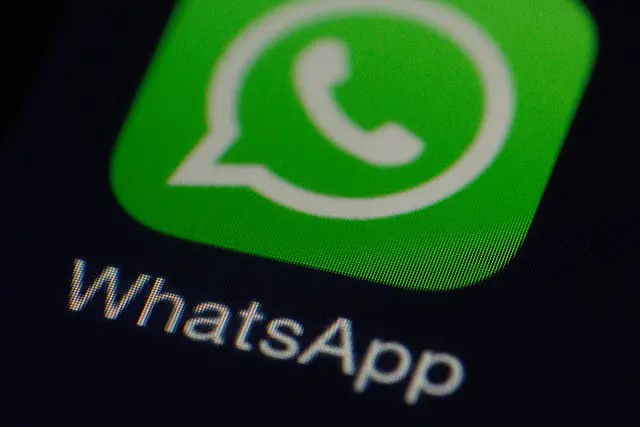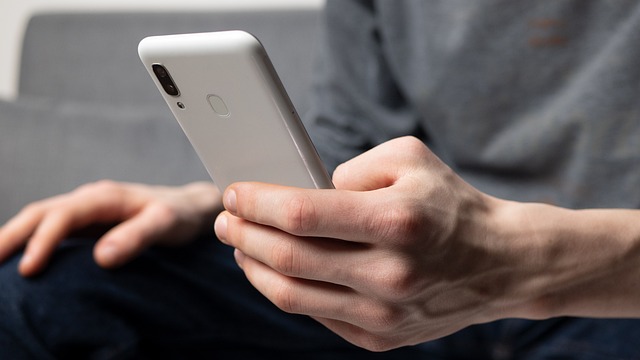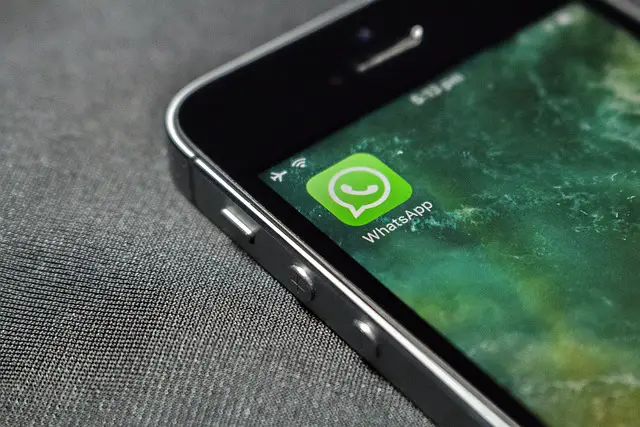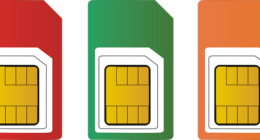Texting is a generic term for SMS/MMS, while WhatsApp is a messaging app using internet data for text, voice, and multimedia communication, offering additional features.
TL;DR Texting Vs. Whatsapp
Texting refers to the traditional Short Message Service (SMS) that uses cellular networks to send text-based messages between mobile devices. It is a widely-used method of communication due to its simplicity and compatibility across different devices and carriers.
Whatsapp is a cross-platform messaging application that provides not only text messaging but also various multimedia features like voice calling, video calling, file sharing, group chats, and more. It utilizes internet connectivity instead of relying on cellular networks for message transmission.
What is Whatsapp?

WhatsApp is a widely used messaging app that enables users to send text messages, make voice and video calls, and share multimedia content.
Developed for smartphones and accessible on various platforms, WhatsApp utilizes internet connectivity rather than traditional SMS services. Users create accounts linked to their phone numbers, enhancing accessibility.
The app offers group chats, status updates, and end-to-end encryption for privacy. It became popular for its user-friendly interface, cross-platform compatibility, and cost-effectiveness for international communication.
WhatsApp supports various media types, including photos, videos, documents, and voice messages. Its voice and video call features contribute to its versatility. Owned by Facebook, WhatsApp has a massive global user base and continues to evolve with updates and new features, making it a prominent communication tool globally.
What is Texting?

Texting, short for text messaging, refers to the exchange of short written messages between mobile devices using SMS (Short Message Service) or MMS (Multimedia Messaging Service).
It is a common form of communication, allowing users to send text-based messages, emojis, and sometimes multimedia content like pictures or videos. Texting operates over cellular networks, enabling real-time communication between individuals.
While traditional texting may incur charges based on carrier plans, many messaging apps and services now use internet data for free or low-cost messaging, contributing to the widespread adoption of text-based communication globally.
Texting Vs. Whatsapp – Key differences
| Feature | Texting | |
|---|---|---|
| Communication Type | SMS/MMS (Short/Multimedia Message Service) | Internet-based messaging with text, voice, video |
| Cost | May incur charges based on carrier plans | Free or low-cost, uses internet data for messaging |
| Media Sharing | Limited to basic media (photos, videos) | Extensive media sharing options, documents, status updates |
| International | May incur international texting charges | Free international messaging using internet data |
| Platform Dependency | Standard on mobile devices | Requires installation on smartphones, cross-platform |
| Features | Basic text and multimedia messaging | Voice and video calls, group chats, end-to-end encryption |
| Internet Requirement | Not required, operates over cellular networks | Requires internet connectivity for messaging and media sharing |
| Owned By | Carrier-dependent or generic messaging apps | Owned by Facebook, standalone messaging app |
Features of Texting and Whatsapp
Features of Texting:
- Message Types: Primarily SMS (text) and limited MMS (multimedia).
- Cost: Carrier-dependent charges, may vary based on plans.
- Media Sharing: Basic multimedia sharing, such as photos and videos.
- Group Chats: Limited group chat features, varies by carrier.
- Voice Calls: Traditional voice calls dependent on carrier services.
- Video Calls: Limited carrier-dependent video calling options.
- Encryption: Basic security features, lacks end-to-end encryption.
- Status Updates: May not have real-time status updates.
- Platform Compatibility: Standard on mobile devices.
- Contact Sync: Basic contact sync with the phone’s contact list.
Features of WhatsApp:
- Message Types: Text, voice messages, photos, videos, documents.
- Cost: Free or low-cost messaging, uses internet data.
- Media Sharing: Extensive multimedia sharing with various file types.
- Group Chats: Robust group chat capabilities with media sharing.
- Voice Calls: Voice calling over the internet (VoIP).
- Video Calls: High-quality video calling over the internet.
- Encryption: End-to-end encryption for messages and calls.
- Status Updates: Real-time status updates, including text, photos, videos.
- Platform Compatibility: Cross-platform availability (iOS, Android, web).
- Contact Sync: Syncs with phone contacts, provides in-app contact management.
- International Messaging: Free international messaging using internet data.
- Read Receipts: Read receipts and real-time status updates.
Privacy and security comparison between texting and Whatsapp
Texting:
- Encryption: Basic security, lacks end-to-end encryption, making messages potentially vulnerable during transmission.
- Privacy: Limited privacy features, as traditional texting may not have advanced security measures like secure message storage.
WhatsApp:
- Encryption: Implements end-to-end encryption for messages and calls, ensuring content remains secure and private.
- Privacy: Offers advanced privacy features, including two-step verification, disappearing messages, and control over who can view personal information.
Comparison:
- WhatsApp generally provides higher privacy and security due to end-to-end encryption and additional privacy features.
- Texting lacks the robust encryption and privacy options offered by messaging apps like WhatsApp.
Users concerned about privacy and security may prefer WhatsApp for more secure and private communication.
Pros and cons of using texting Vs. Whatsapp
Pros of Texting
- Widespread Access: Standard on mobile devices, available on virtually all phones.
- Simplicity: Basic and easy to use, no need for additional apps.
- Universal Compatibility: Works across different carriers and devices.
Cons of Texting
- Limited Features: Basic features with minimal multimedia sharing capabilities.
- Cost: Carrier-dependent charges, potential for international texting fees.
- Security: Lacks advanced security measures like end-to-end encryption.
Pros of WhatsApp:
- Multimedia Features: Extensive multimedia sharing, including photos, videos, and documents.
- Cost-Effective: Free or low-cost messaging using internet data.
- Advanced Security: End-to-end encryption for messages and calls.
- International Messaging: Free international messaging using internet data.
Cons of Whatsapp
- Internet Dependency: Requires internet connectivity for messaging and media sharing.
- Privacy Concerns: Owned by Facebook, raising privacy and data-sharing concerns.
- Learning Curve: Users need to download and install the app, potentially requiring adjustment.
Comparison
- Use Case: Texting is straightforward for basic communication, while WhatsApp offers richer features.
- Cost: Texting may incur charges, whereas WhatsApp is cost-effective for international messaging.
- Security: WhatsApp provides advanced security, but users must consider privacy concerns.
Image Credits
Featured Image By – Webster2703 from Pixabay
Image 1 By – Alfredo Rivera from Pixabay
Image 2 By – DrMedYourRasenn from Pixabay








